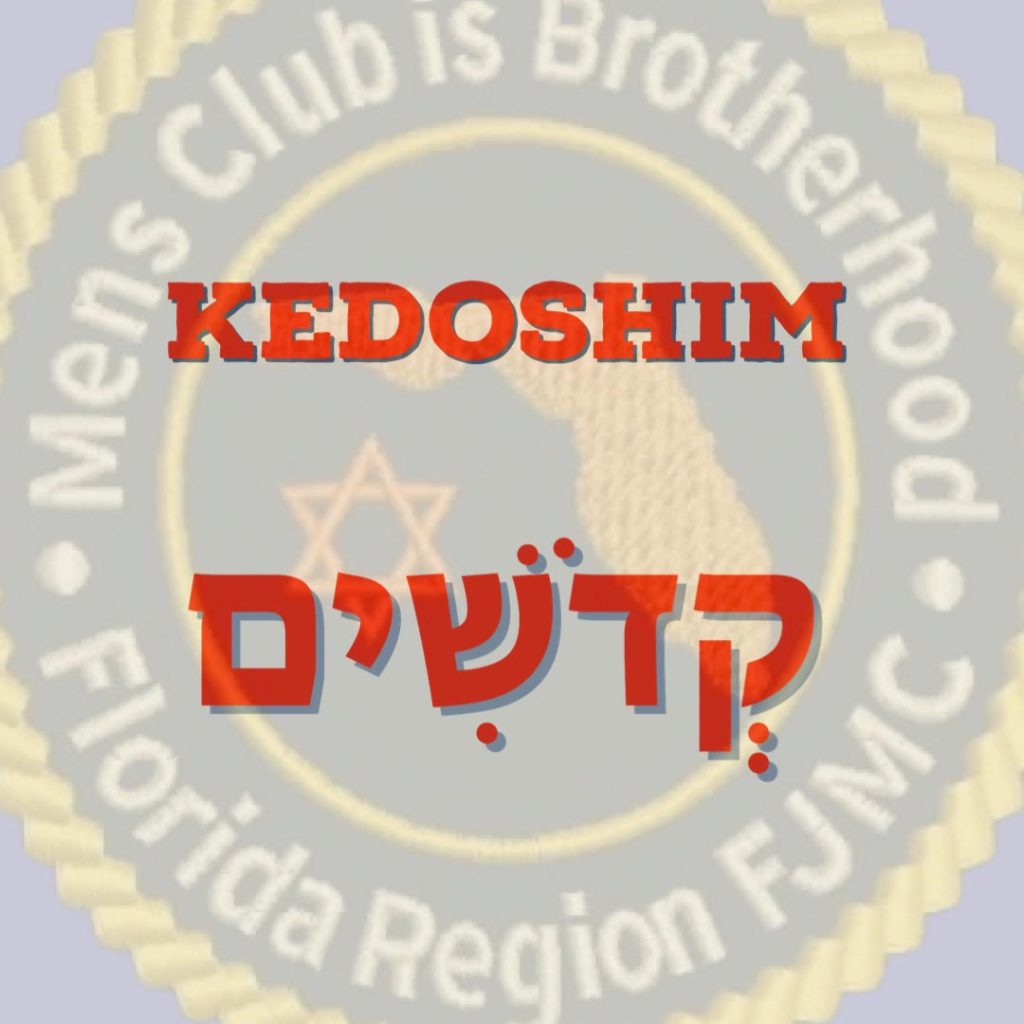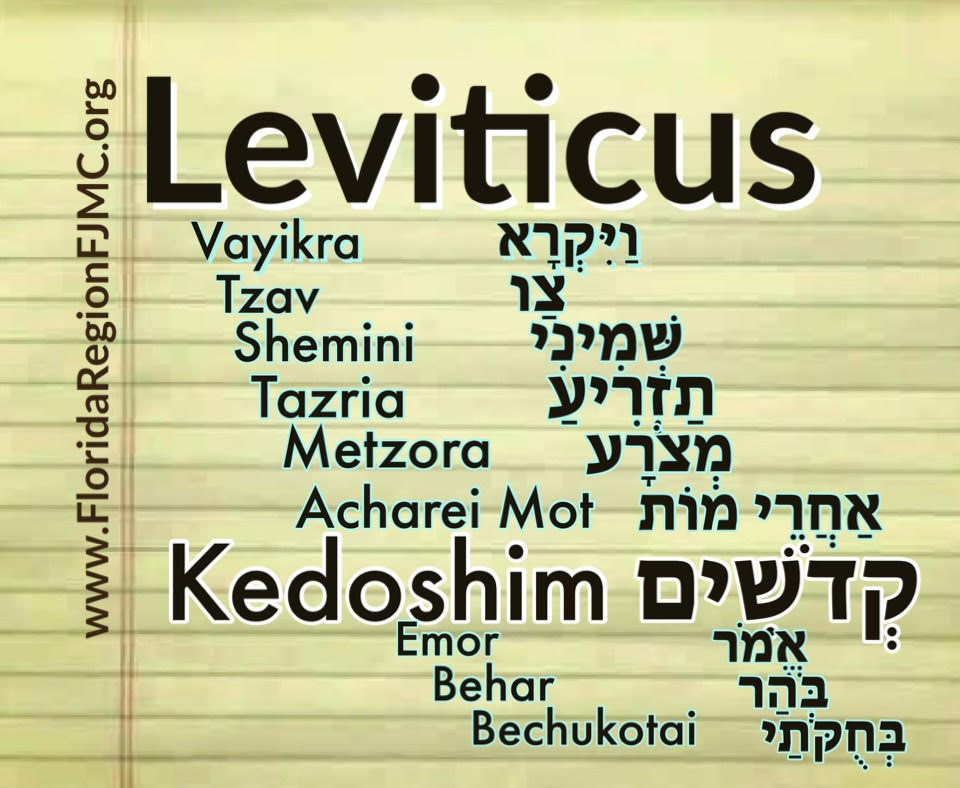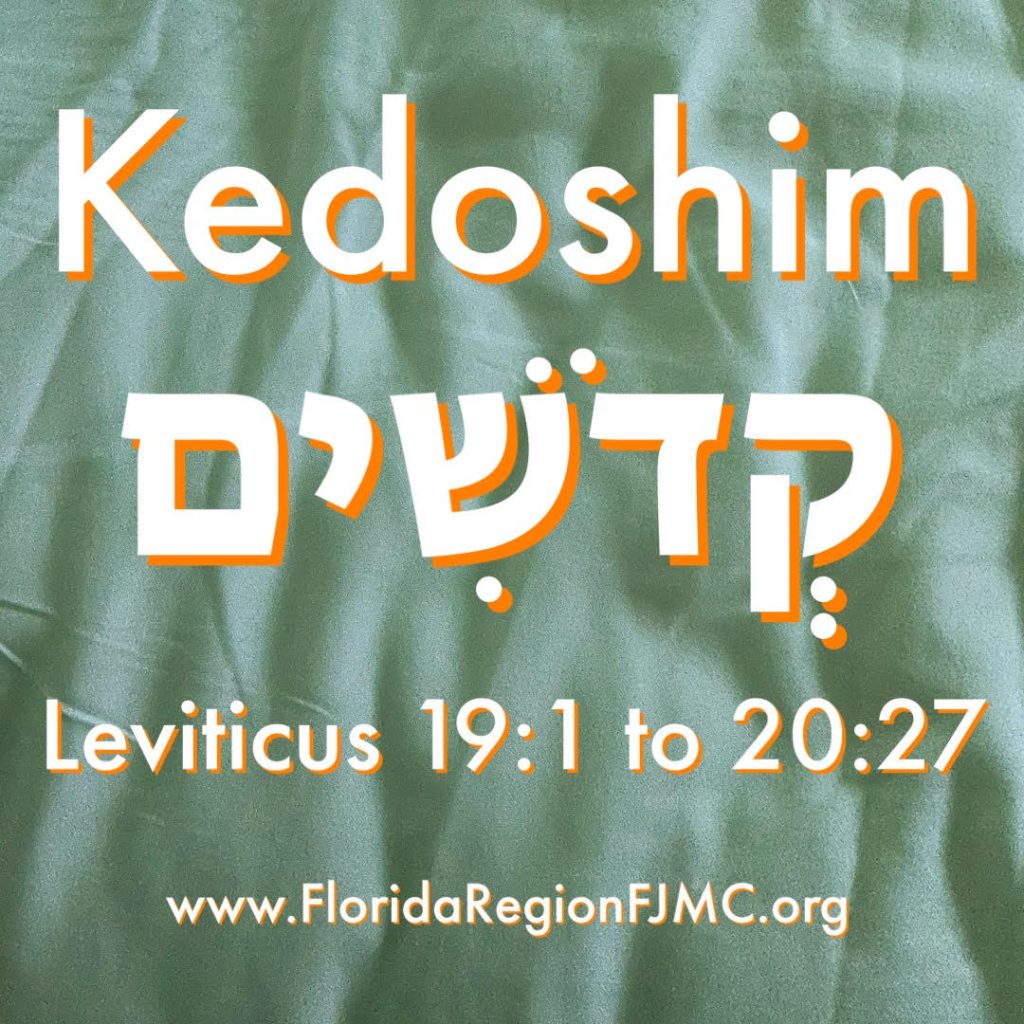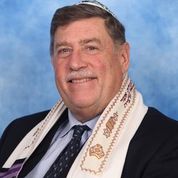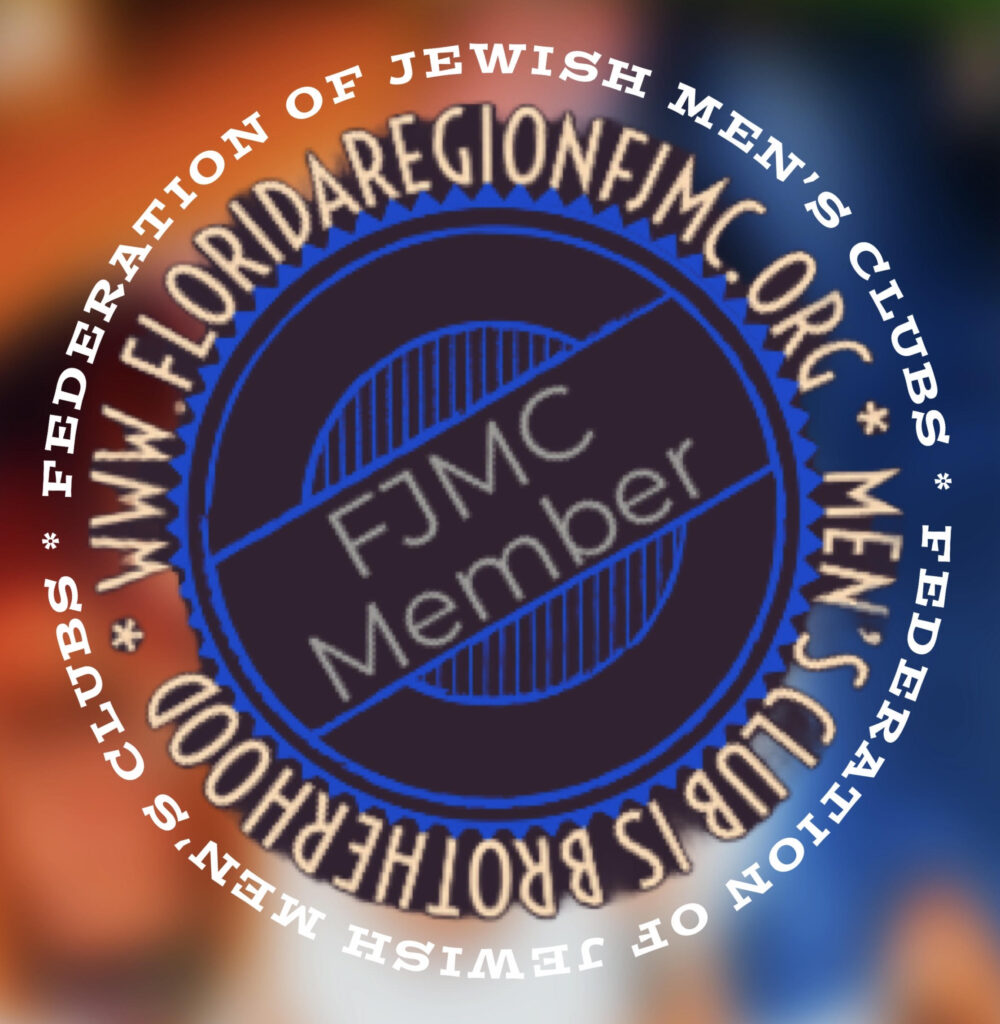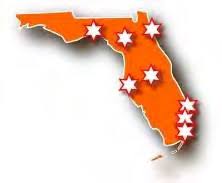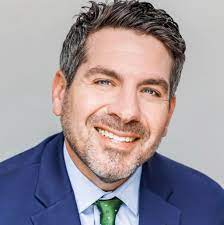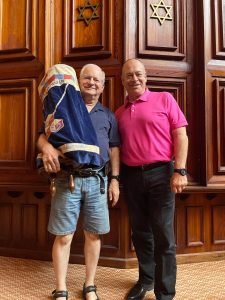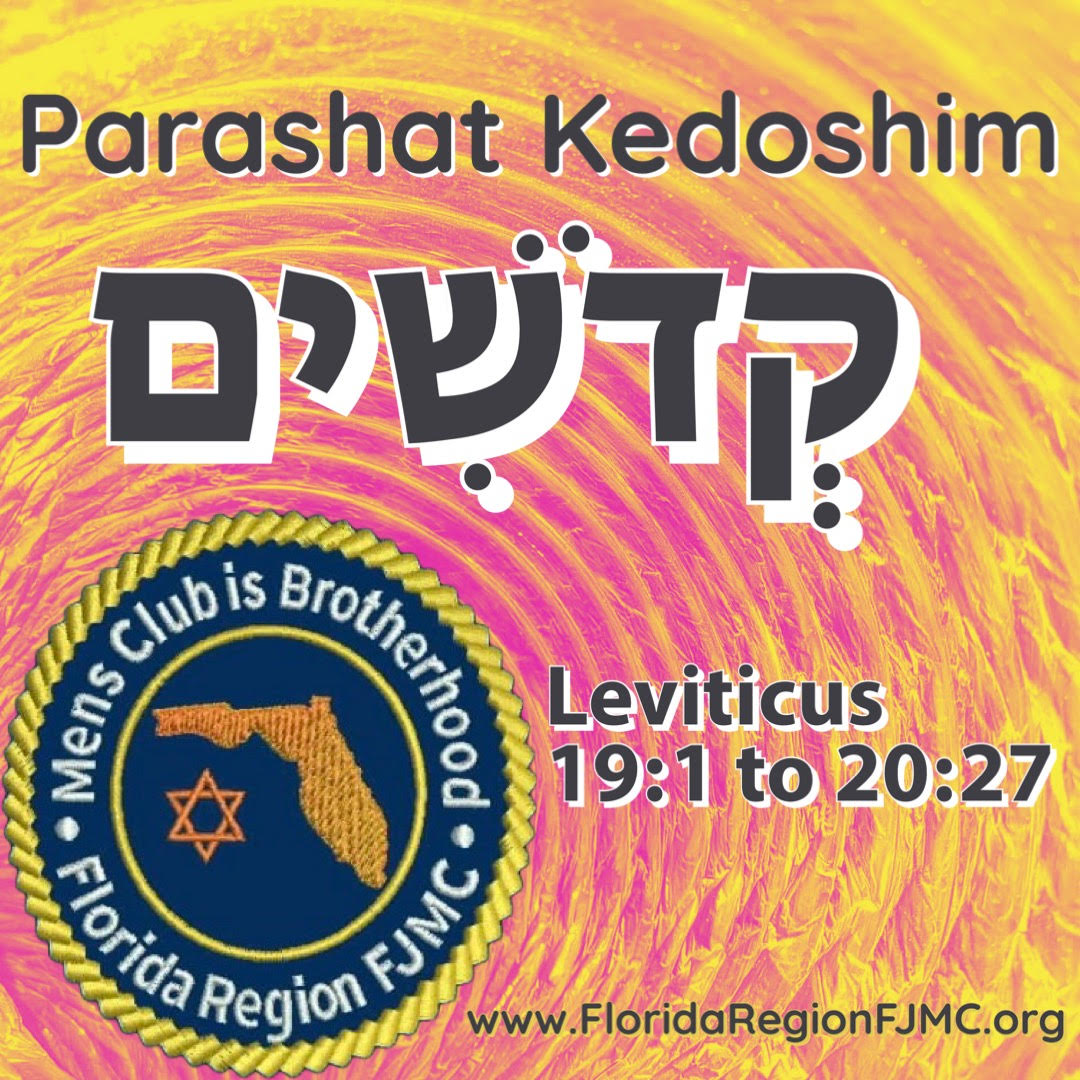
When you Choose Shabbat, you choose to learn that every Shabbat is different and special. This week I learned about Parashat Kedoshim (קְדֹשִׁים), the 30th weekly Torah portion in the annual cycle of Torah readings.
According to Wikipedia, Kedoshim (קְדֹשִׁים), Leviticus 19:1 through 20:27, contains 3,229 Hebrew letters, 868 words, 64 verses and 109 lines of Torah. Kedoshim (“Holy”) opens by instructing the Israelites to be holy and details dozens of laws regulating all aspects of life, including observing Shabbat, loving one’s neighbor, and leaving portions of a field for the poor. The sedra ends with details of punishment for certain types of idolatry and sexual misconduct.
Rabbi Michael D Klein of Temple Torat Emet offers his insights on this week’s Torah reading, Kedoshim for Shabbat, May 11, 2024 aka 3 Iyar 5784:
“The Sedra Kedoshim begins with these words- “You Shall be Holy for I the Lord your G-d am Holy.” We are created in G-d’s image therefore in all of our deeds and words we can achieve closeness to our Creator by emulating G-d’s examples. How is this accomplished?
Sedra Kedoshim gives us a template which includes honoring our parents, honoring the elderly, not putting a stumbling block before the blind or to cursing the deaf, having honest weights and measurements, caring for widows, orphans, and the less fortunate, loving one’s neighbor as oneself, and observing the Shabbat and Holy Days. These are all mitzvot which can be accomplished individually that reflect on the destiny of all Yisroel and ultimately the entire world.
In just a few weeks, we will read , as the Jewish people prepared to embark on our journey through the wilderness to the Promised Land, having received their holy marching orders, G-d’s instructions to Aaron and his sons, the Kohanim, to bless Klal Yisroel with the Priestly Benediction which includes invocations for material success, health and wellness, and above all blessings of peace. These blessings have endured through the ages and are shared with our children and grandchildren every Shabbat and Yom Tov after kindling the Shabbat or Yom Tov candles.
We, at Temple Torat Emet, will connect to this ancient ritual by inviting all our Kohanim and Bat Kohanim who wish to learn and practice this blessing to participate in blessing our community during the coming months and leading this ritual one time during each of the Chagim to come. If you are a Kohain or Bat Kohain who wishes to help learn and lead the Priestly Benediction, known as Duchanan, or you are a Levite or Bat Levite who wishes to assist, please share this inform me or the leaders of the ritual committee ASAP. We will notify everyone of the classes to come in coordination with Cantor Smolarz. This process will involve learning and participation and we believe that it will bring a new level of Holiness to our congregation. It is planned to occur during the coming holiday of Shavuot and thereafter for each of the coming Chagim. May we go from Holiness to Holiness and thereby bring our congregation closer to Hashem by our deeds and actions.
Questions for Consideration:
- What are the logical moral extensions personally and in business for the commandments regarding placing a stumbling block before the blind or cursing the deaf?
- How does one honor their parents even if they may have been abusive?
- What are the moral extensions in the business world of just weights and measurements?
- Why is ethical behavior so important to the fabric of society of the Torah?’
Rabbi Michael D. Klein attended Yeshiva College of South Florida and served as Torah Reader, Hebrew teacher, Chazzan and spiritual leader of various synagogues throughout South Florida. In January 2015 he became Ritual Director, Bnai/Bnot Mitzvah instructor and 7th grade Hebrew instructor for Temple Torat Emet of Boynton Beach. In October 2019 he was accepted into an accelerated track and received his shicha from Yeshiva Adath Wolkowisk and has been the Rabbinic leadership of Temple Torat Emet since August 2020. In September of 2022 he was appointed Rabbinic and Spiritual Advisor of the Florida Region of FJMC.
Choose Shabbat; choose to celebrate, to light candles, sing songs and learn a little Torah.
This message is brought to you by the Florida Region of the Federation of Jewish Men’s Clubs (FJMC). We are part of a confederation of over 200 Jewish Men’s Clubs and Brotherhoods representing over 20,000 members across the United States, Canada, Latin America, and beyond. Learn more about how your Jewish Men’s Club or Brotherhood can affiliate with the FJMC at: https://fjmc.org/for-clubs/affiliating-with-the-fjmc/.
The Florida Region of FJMC serves the needs of affiliated Men’s Clubs and Brotherhoods throughout the State of Florida. Get to know more about the FJMC Florida Region and our growing network of Jewish Men’s Clubs and Brotherhoods at www.floridaregionfjmc.org and please visit and LIKE our Florida Region FJMC Facebook Group at www.facebook.com/FloridaRegionFJMC.
